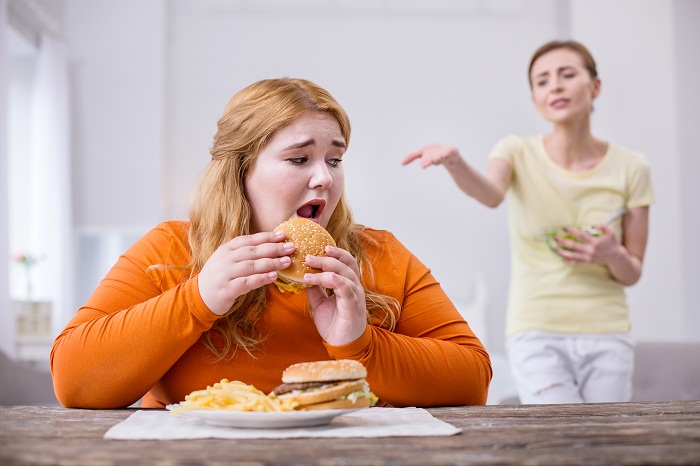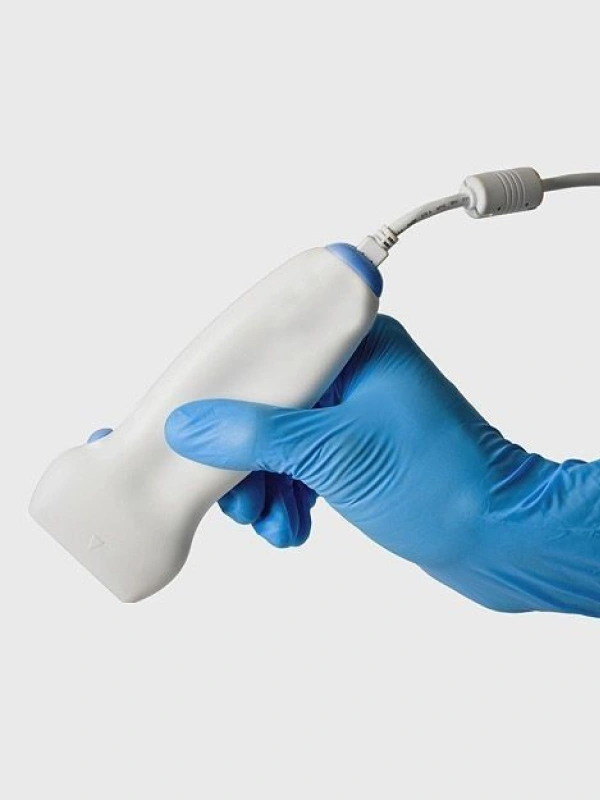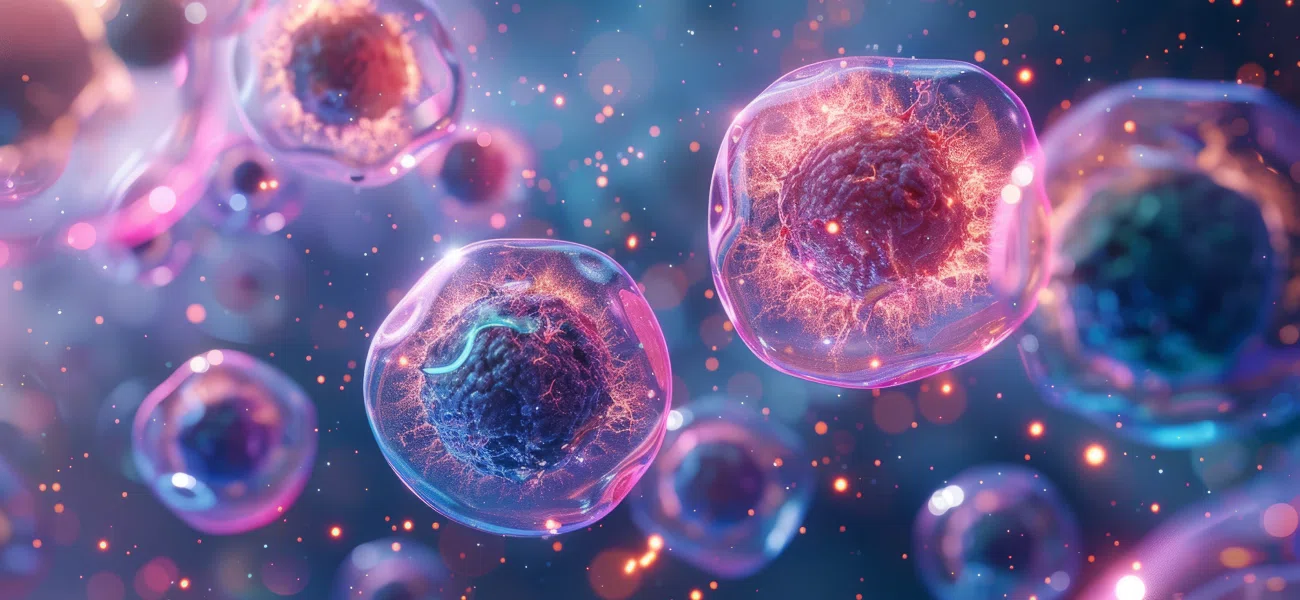Dubai
English
Request a call

The modern pace of life, constant stress, and the availability of a variety of foods have made the problem of food addiction relevant for many. This is a condition in which food becomes a way to cope with emotions rather than meeting physiological needs. Let’s look at what this phenomenon is called, why it arises, and what methods exist to combat it.
Food addiction: causes of occurrence
The psychology of addiction is rooted in emotional and behavioral factors formed from childhood. If a child was comforted or rewarded with food, an association of food with comfort becomes established. This can develop into a habit of seeking food as a source of comfort or joy in any stressful situation. Among the main causes are:- Emotional stress: many people use food to cope with negative feelings such as anxiety or loneliness.
- Social habits: constant snacking during gatherings with friends or the habit of “eating up” happy events establish an unhealthy attitude toward food.
- Hormonal disorders: unbalanced nutrition and metabolic problems can increase cravings for certain foods, especially sweets and fatty products.
- Addiction psychology: a similar mechanism is observed in other forms of dependence, such as smoking or alcohol.

How to Treat Food Addiction
Treatment of psychological dependence on food should begin with acknowledging the problem. Without recognizing the urge to overeat, it will be difficult to move forward. Methods of dealing with it are divided into psychological and medical. Main steps:- Diagnosis. A nutritionist or psychologist will help determine the severity of the problem.
- Psychotherapy. One of the effective methods is cognitive-behavioral therapy, which helps change the attitude toward eating.
- Changing habits. A gradual transition to a balanced diet helps avoid relapses.

Food Addiction: How to Overcome It on Your Own
If you are facing this condition, you can try to change the situation at home. Here are some steps that can help:- Emotional control: keep a journal where you write down what and why you eat. This will help identify triggers.
- Balanced nutrition: eat more vegetables, fruits, and protein foods, avoiding sharp spikes in blood sugar levels.
- Physical activity: regular exercise reduces stress levels and decreases cravings for unhealthy foods.
- Distraction: find a hobby or activity that helps shift your focus from food to something useful and interesting.
How to Treat Food Addiction in Medical Settings
If self-help attempts have not worked, it is worth seeking professional help. What specialists offer:- Psychological therapy: individual or group sessions with a psychologist aimed at understanding and working through the causes of compulsive overeating.
- Medication: in some cases, doctors prescribe drugs that regulate appetite.
- Support groups: interacting with people who have similar problems helps you feel less alone in the struggle.
- Detox programs: participation in body cleansing programs under the supervision of specialists.

Psychological dependence on food: how to get rid of it
The psychological component plays an important role in the formation of eating habits. To cope with this problem, you need to:- Work on self-esteem: often food addiction is associated with an attempt to compensate for a lack of self-love.
- Learn to say "no": this applies both to unhealthy foods and to external pressure from others.
- Practice mindfulness: learn to enjoy each meal by focusing on its taste and benefits.

How to Properly Treat Food Addiction
Overcoming food addiction requires discipline and a systematic approach. Gradual lifestyle changes, working with emotions, and seeking professional help can lead to success. Do not be afraid to ask for help and start small. Consistent steps can significantly improve your well-being and restore control over your life. Our website features the following popular types of services:
Fill out the form to book your consultation.
Your personal manager will contact you within 10 minutes and arrange a convenient time for your visit.














